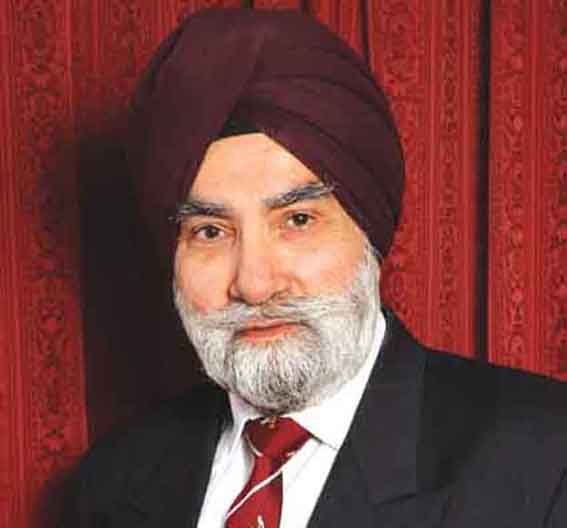Anti-Caste Legislation Entrenches Outdated Vedic Caste System

Anticaste legislation, quite ironically, could introduce and reify caste boundaries where they habitually do not exist, induce caste-based thinking in spheres of social life from which caste-based thinking is usually absent, and induce tensions between groups which have never been felt before. []]Rusi Jaspal & Opinderjit Kaur Takhar (2016): Caste and Identity Processes among British Sikhs in the Midlands, Sikh Formations, DOI]
Discrimination under any excuse should be dealt with by the law of the land. However, selectively defining prejudice against some groups and not others can be counterproductive. Religion, caste, class, race, gender etc are only a few reasons for discrimination.
It seems, California is likely to become the first US State to pass anticaste legislation. This can be repeated in other Western states. This apparent victory for those who have been pressing for such legislation in Indian diaspora countries needs to be thought through. The law will define caste, itself an area of confusion, and entrench the concept in law when diaspora next generations hardly know what caste means and are already moving away from it.
The ground realities are that labels such as Harijan, Dalit and Schedule Caste continue to create social divisions without tackling the root cause, which is the ancient Vedic Caste System based on Karma theory. That the higher or lower caste in which one is born is decided by good or bad deeds in previous life. That one should shamelessly enjoy the social privileges of higher caste, or willingly suffer the indignity of being born in a lower caste or worst, if born as an outcaste now renamed Dalit!
Sikhs may have some way to go in rooting out the socially divisive caste system but no Sikh can deny that one of the first preaching acts of Guru Nanak Sahib was to reject this Bipran system which places Brahmin at the top of an exploitative hierarchical ladder and the so called Outcaste, Untouchable, Harijan or Dalit at the bottom. All are expected to abide by the system as their Karma (fate) and enjoy or suffer the caste related privileges and punishments.
Unjust treatment by one person of another can have hundreds of excuses and it is not possible to define all of them in law. From experience as a personnel manager for many years, I recall CCTV recordings of interviews for training purposes. By re-playing and discussing such interviews, the interviewers were made to face their own prejudices. Sometimes, they were not even aware of these. Some did not like looks, mannerisms, accent or even that they were reminded of someone they disliked!
The Caste system is oppressive and should be rooted out altogether through education and, like slavery, confined to history. One example is how all sorts of prejudices based on human physical and cultural differences are removed at school age in Australia. According Dya Singh of Australia, who is educationally active in schools and colleges with his diverse world-music group, Government funding is available for subjects introduced into Social Studies at school and university, These include cultural diversity and global citizenship. Education is made interesting through interactive activities, music and concerts, workshops, exhibitions, displays, and by wearing traditional costumes on certain days. Parents and community representatives are invited to address issues. Diversity is celebrated. Divisive social systems like caste are subconsciously rejected.
There is distinction between caste-blindness and tacit rejection of caste.
Gurmukh Singh OBE
Principal Civil Servant retd (UK)